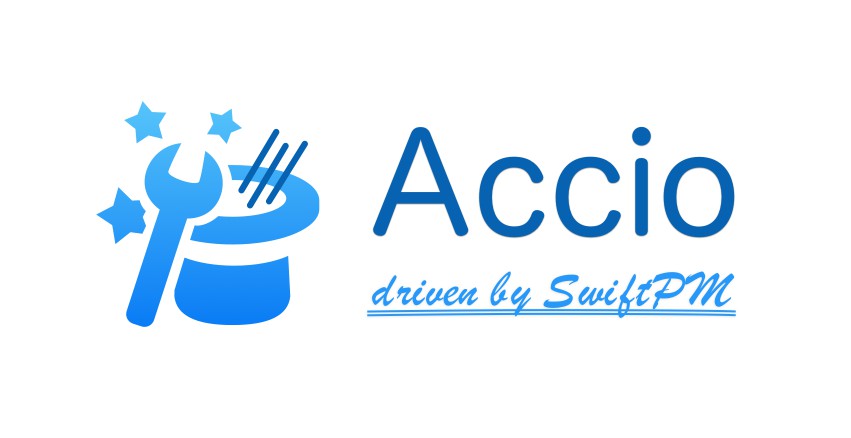? Enum key paths
With the package you can use key paths with enums
import EnumKeyPaths
// MARK: - Authentication
enum Authentication {
case authenticated(accessToken: String)
case unauthenticated
}
/Authentication.authenticated // EnumKeyPath<Authentication, String>
user[keyPath: \User.id] = 113
user[keyPath: \User.id] // 113
let authentication = (/Authentication.authenticated).embed("access")
(/Authentication.authenticated).extract(from: authentication) // Optional("access")
Extraction can fail and return nil because the cases may not match up.
(/Authentication.authenticated).extract(from: .unauthenticated) // nil
Swift key paths use dot-syntax to dive deeper into a structure, enum key paths use a double-dot syntax:
\Table.user.name
// WritableKeyPath<Table, String>
/Result<Authentication, Error>..Authentication.authenticated
// EnumKeyPath<Result<Authentication, Error>, String>
Enum key paths provide an “identity” path, which is useful for interacting with APIs that use key paths but you want to work with entire structure.
\User.self // WritableKeyPath<User, User>
/Authentication.self // EnumKeyPath<Authentication, Authentication>
Key paths are created for every property, even computed ones, so what is the equivalent for enum key paths? “computed” enum key paths can be created by providing custom embed and extract functions:
EnumKeyPath<Authentication, String>(
embed: { token in
Authentication.authenticated(token: encrypt(token))
},
extract: { authentication in
guard
case let .authenticated(encryptedToken) = authentication,
let decryptedToken = decrypt(token)
else { return nil }
return decryptedToken
}
)
Since Swift 5.2, key path expressions can be passed directly to methods like map. The same is true of enum key path expressions, which can be passed to methods like compactMap:
users.map(\User.name)
authentications.compactMap(/Authentication.authenticated)
Ergonomic associated value access
EnumKeyPaths uses Swift reflection to automatically and extract associated values from any enum in a single, short expression. This helpful utility is made available as a public module function that can be used in your own libraries and apps:
extract(case: Authentication.authenticated, from: .authenticated("token"))
// Optional("token")
Enum key paths operators
// With operators:
/Authentication.authenticated
// Without:
EnumKeyPath.case(Authentication.authenticated)
// With operators:
authentications.compactMap(/Authentication.authenticated)
// Without:
authentications.compactMap(extract(Authentication.authenticated))
// With operators:
/Result<Authentication, Error>.success..Authentication.authenticated
// Without:
EnumKeyPath.case(Result<Authentication, Error>.success)
.appending(path: .case(Authentication.authenticated))
// With operators:
/Authentication.self
// Without operators:
EnumKeyPath<Authentication, Authentication>.self
Installation
You can add EnumKeyPaths to an Xcode project by adding it as a package dependency:
https://github.com/Incetro/enum-key-paths
If you want to use EnumKeyPaths in a SwiftPM project, it’s as simple as adding a dependencies clause to your Package.swift:
dependencies: [
.package(url: "https://github.com/Incetro/enum-key-paths.git", from: "0.0.1")
]
License
All modules are released under the MIT license. See LICENSE for details.




